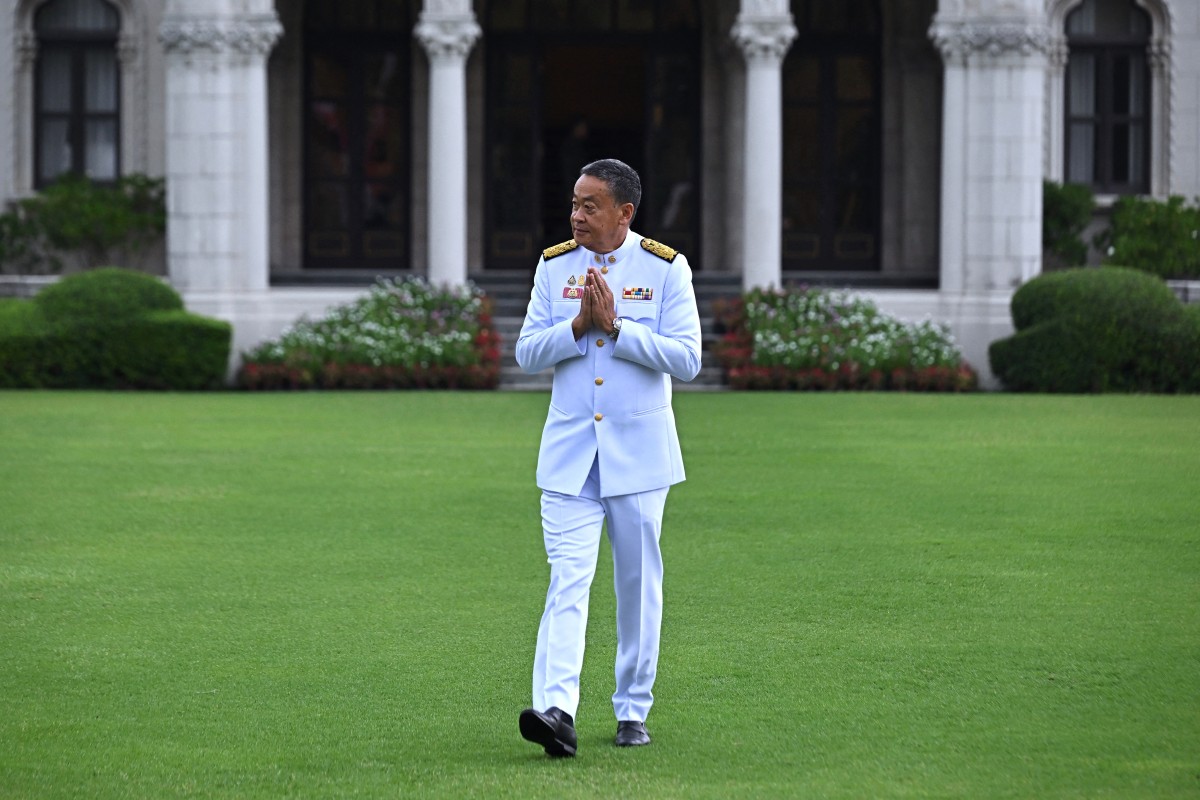Two court cases are shaking Thai politics and risk damaging the fragile relations between the two “souls” of the government majority in office for less than a year.
The first concerns the prime minister, Srettha Thavisin, a member of Pheu Thai, a party which historically has as its representative the former prime minister Thaksin Shinawatra and which has historically been an arch-rival of the current government partner, the pro-military Palang Pracharath.
A week ago the Constitutional Court accepted the request of around forty senators to open a case against the head of the executive for alleged irregularities in the appointment of members of his cabinet.
An accusation which, if proven, would lead to his dismissal. The accusation is based on the appointment as head of the Prime Minister’s Office of Pichit Chuenban, who was involved in 2008 in an attempt to bribe a member of the court that was judging the purchase of land by then Prime Minister Thaksin Shinawatra.
Pichit resigned last Tuesday also to avoid Srettha’s involvement. In the same government reshuffle that led to Pichit’s appointment on 23 April, the current heads of Finance and Foreign Affairs were designated.
This is another legal move by a Senate exclusively appointed by the military and pro-monarchist establishment, even if close to new elections with different rules and composition.
The Senate was instrumental in preventing the winning party of the May 2023 elections, the progressive Move Forward, from leading the country. For many observers, therefore, the court case against Thavisin would be a warning for Thaksin’s newfound activism.
The latter – who returned from voluntary exile in August 2023 and served what remained of a sentence following his departure from the country in 2008 after the military coup of September 2006 in a hospital in conditions of semi-freedom – is at large but risks returning to prison after yesterday the Attorney General once again impeached him for treason.
This is one of the most serious and controversial charges in the Thai legal system. The provision – also due in this case to reports from groups opposed to Thaksin’s return to the political scene and to his newfound activism in the “strongholds” of the North and East of the country and in talks with representatives of the ethnic groups fighting in Myanmar against the military junta – concerns an interview given on May 21, 2015, to the South Korean newspaper Chosun Ilbo.
On this occasion, the exiled former prime minister would have reported the involvement of members of the King’s Privy Council in the May 2014 coup with which the armed forces had put an end to the government led by Thaksin’s younger sister, Yingluck Shinawatra.
The lèse-majesté law has been used in dozens of cases. The latest, in recent days, to prosecute Chonthicha Jangrew, parliamentarian of Move Forward and Chaiamorn Kaewwiboonpan, a well-known dissident musician. Both were granted bail pending trial.







